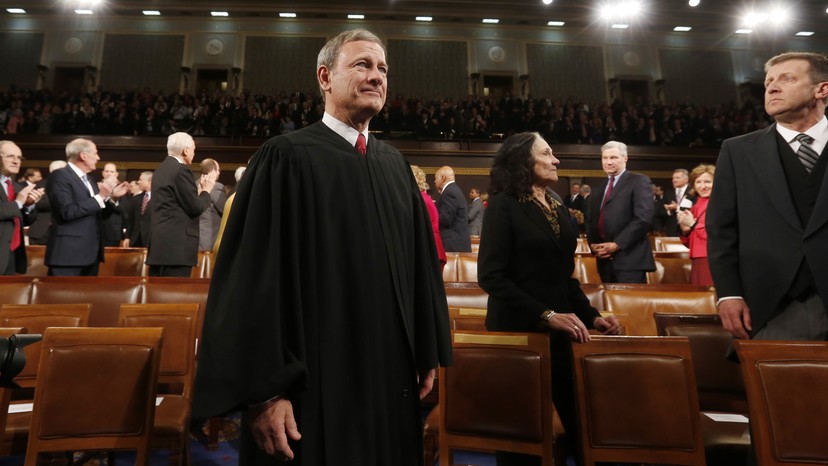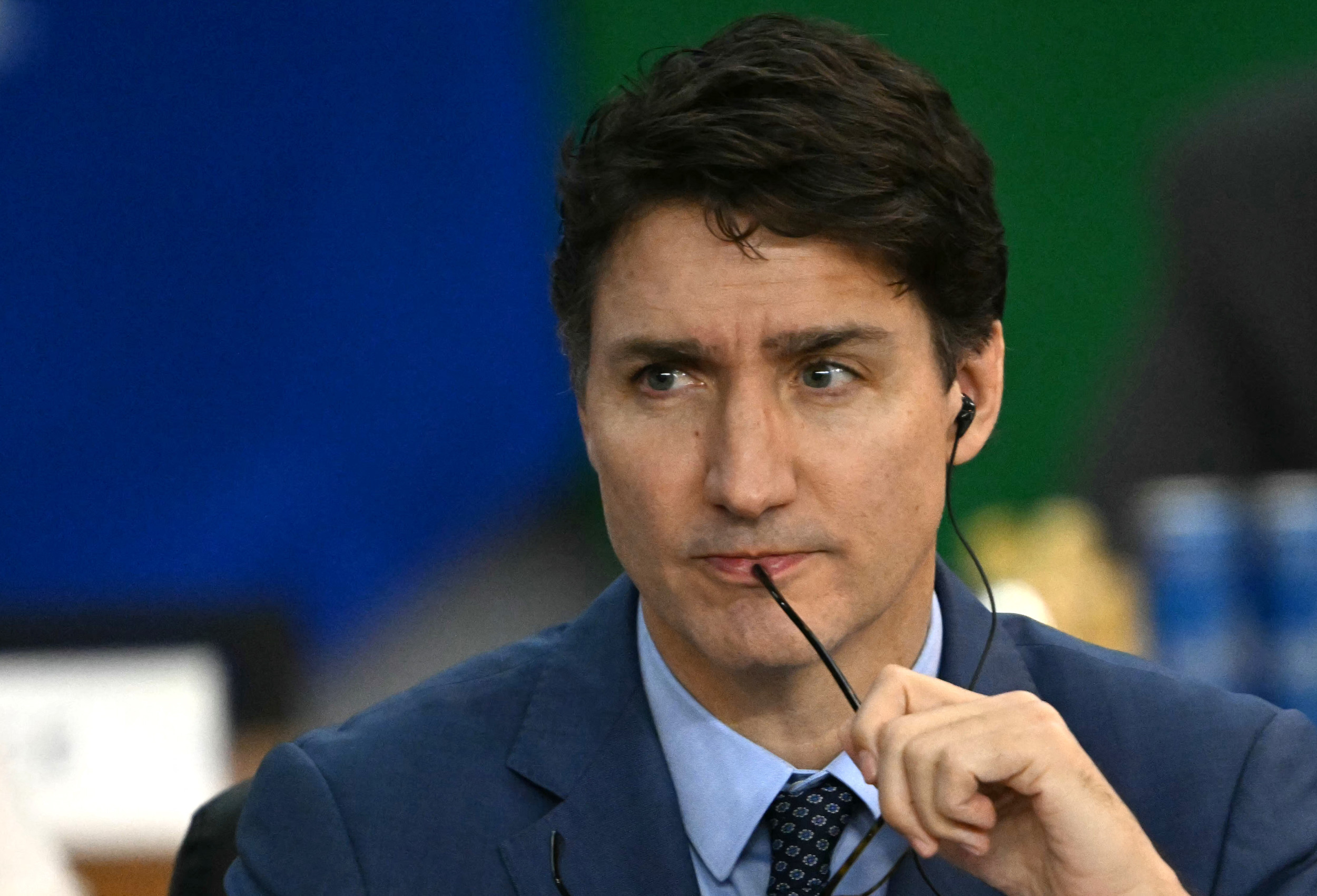Tariffs As Trump's Last Resort: Warner's Assessment

Table of Contents
The Rationale Behind Trump's Tariff Policy
President Trump's tariff strategy was largely built upon the "America First" ideology. This philosophy prioritized domestic industries and aimed to correct perceived trade imbalances, particularly with China.
"America First" and the Goal of Trade Balance
The core belief underpinning Trump's tariffs was that decades of free trade agreements had disadvantaged American workers and businesses. The stated goal was to level the playing field, bringing manufacturing jobs back to the US and reducing the trade deficit.
- Steel and Aluminum Tariffs: These were implemented early in the Trump administration, targeting imports from various countries, including allies like Canada and the European Union. The stated goal was to protect American steel and aluminum producers.
- Tariffs on Chinese Goods: These were imposed in several rounds, escalating a trade war with China. The stated goals included addressing intellectual property theft, forcing technology transfers, and reducing the massive US trade deficit with China.
- Section 301 Tariffs: These tariffs, authorized under Section 301 of the Trade Act of 1974, allowed the administration to impose tariffs on goods deemed to violate US trade laws.
The Economic Arguments for and Against Trump's Tariffs
The economic arguments surrounding Trump's tariffs were fiercely debated.
- Arguments For: Proponents argued that tariffs would protect domestic industries, increase government revenue, and ultimately lead to job creation in the US. Some cited the need to retaliate against unfair trade practices by other countries.
- Arguments Against: Critics argued that tariffs increased prices for consumers, led to retaliatory tariffs from other nations, disrupted global supply chains, and stifled economic growth. They pointed to studies showing negative impacts on specific industries and overall economic output. Many economists predicted and documented negative consequences, pointing out the lack of economic evidence supporting the effectiveness of protectionist trade policies.
Senator Warner's Critique of Trump's Tariff Approach
Senator Mark Warner, a Democrat from Virginia, consistently voiced concerns about the Trump administration's tariff strategy. His critique focused on effectiveness, alternatives, and political consequences.
Warner's Stance on the Effectiveness of Tariffs
Senator Warner repeatedly argued that Trump's tariffs were ineffective and counterproductive. He highlighted the negative impact on American businesses and consumers, emphasizing that the economic benefits were far outweighed by the costs.
- Public Statements: Warner frequently criticized the tariffs in Senate speeches, press releases, and interviews, emphasizing the harm to American industries and the global economy.
- Legislative Actions: He participated in legislative efforts to counter the Trump administration's tariff policies and promote alternative trade solutions.
Alternative Trade Policy Suggestions from Warner
Instead of tariffs, Senator Warner advocated for a more nuanced approach to trade, focusing on strategic alliances and targeted negotiations.
- Strengthening Trade Alliances: He stressed the importance of working with allies to address trade imbalances and unfair practices, emphasizing the need for collective action.
- Investing in Domestic Industries: Warner supported investments in infrastructure, education, and worker training to strengthen American competitiveness without resorting to protectionist measures.
- Targeted Negotiations: He pushed for focused negotiations to address specific trade issues rather than broad tariff increases, advocating a more measured and targeted strategy.
The Political Implications of Trump's Tariff Policy (According to Warner)
Senator Warner emphasized the severe political consequences of Trump's tariffs, both domestically and internationally.
- Strained International Relations: The tariffs damaged relationships with key allies, leading to trade wars and undermining the multilateral trading system.
- Domestic Political Fallout: The economic consequences of the tariffs contributed to uncertainty and discontent among American businesses and consumers, fueling political divisions.
The Long-Term Effects of Trump's Tariffs: Warner's Predictions (or Concerns)
Senator Warner expressed deep concern about the lasting economic and geopolitical effects of Trump's tariff policies.
Assessing the Economic Impact
The long-term economic consequences of the tariffs remain a subject of ongoing debate, but Senator Warner's concerns included:
- Inflationary Pressures: Tariffs contributed to increased prices for consumers, impacting household budgets and potentially hindering economic growth.
- Job Losses: While some sectors might have benefited in the short term, many economists predicted, and subsequent analyses showed, net job losses due to retaliatory tariffs and disruptions to global supply chains.
- Damage to Specific Sectors: Certain industries, such as agriculture and manufacturing, were particularly vulnerable to the effects of retaliatory tariffs.
Geopolitical Ramifications
Senator Warner warned of lasting damage to international relations and the global trading system.
- Erosion of Trade Alliances: The tariffs strained relations with traditional allies, weakening trade partnerships and undermining the rules-based international trading order.
- Increased Trade Protectionism: The Trump administration's actions emboldened other countries to adopt protectionist measures, further disrupting global trade flows.
- Potential for Future Trade Conflicts: The precedent set by Trump's tariffs increased the risk of future trade conflicts and disputes.
Conclusion: Evaluating Trump's Legacy – The Enduring Impact of Tariffs
Senator Warner's assessment of Trump's tariff policy highlights significant economic and political consequences. The "America First" approach, while aiming to bolster domestic industries, led to trade wars, damaged international relations, and imposed substantial costs on American businesses and consumers. The long-term effects, including inflationary pressures and damage to trade alliances, continue to resonate. Senator Warner's emphasis on alternative policy solutions such as targeted negotiations and investment in domestic industries underscores the need for a more nuanced and collaborative approach to trade. To fully understand the complexities of this significant policy decision, further research into Trump's tariffs, trade policy analysis, and Senator Warner's trade policy positions is encouraged. Consider engaging in policy discussions or contacting your representatives to express your concerns and advocate for responsible trade policies.

Featured Posts
-
 Chief Justice Roberts Shares How He Handled Being Mistaken For Former Gop House Leader
May 10, 2025
Chief Justice Roberts Shares How He Handled Being Mistaken For Former Gop House Leader
May 10, 2025 -
 Stock Market Today Trumps Tariff Threat And Uk Trade Deal Impact
May 10, 2025
Stock Market Today Trumps Tariff Threat And Uk Trade Deal Impact
May 10, 2025 -
 Oilers Draisaitl Out With Injury Winnipeg Game Update
May 10, 2025
Oilers Draisaitl Out With Injury Winnipeg Game Update
May 10, 2025 -
 Ihsaa Bans Transgender Athletes Following Trump Administration Order
May 10, 2025
Ihsaa Bans Transgender Athletes Following Trump Administration Order
May 10, 2025 -
 U S Federal Reserve Maintains Rates Inflation Unemployment Weigh On Decision
May 10, 2025
U S Federal Reserve Maintains Rates Inflation Unemployment Weigh On Decision
May 10, 2025
